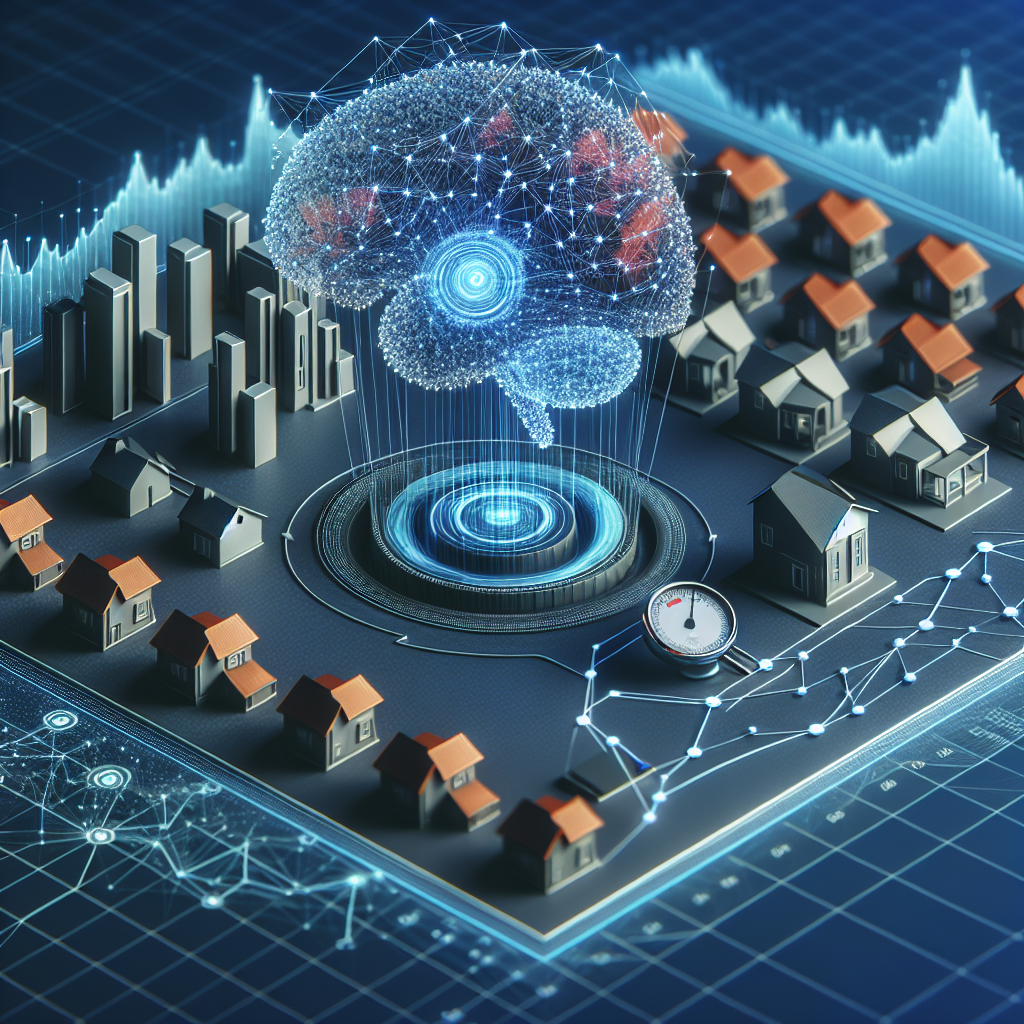The Role of AI in Real Estate Risk Assessment
In recent years, artificial intelligence (AI) has been increasingly utilized in various industries to streamline processes, improve efficiency, and make more informed decisions. The real estate industry is no exception, as AI technology is being leveraged to enhance risk assessment in property transactions. By harnessing the power of AI algorithms and machine learning, real estate professionals can better evaluate potential risks associated with a property, such as market trends, pricing fluctuations, and investment potential. In this article, we will explore the role of AI in real estate risk assessment and its impact on the industry.
How AI is Transforming Real Estate Risk Assessment
Traditionally, real estate risk assessment involves collecting and analyzing vast amounts of data to identify potential risks and opportunities. This process can be time-consuming and prone to human error, leading to inaccurate assessments and missed opportunities. AI technology is changing the game by automating and streamlining the risk assessment process, making it more efficient and accurate.
One of the key ways AI is transforming real estate risk assessment is through predictive analytics. By analyzing historical data, market trends, and other relevant factors, AI algorithms can predict future risks and opportunities with a high degree of accuracy. This allows real estate professionals to make more informed decisions and mitigate potential risks before they occur.
Another way AI is revolutionizing real estate risk assessment is through natural language processing (NLP) technology. NLP algorithms can analyze text data from a variety of sources, such as property listings, market reports, and news articles, to extract valuable insights and identify potential risks. This allows real estate professionals to stay informed about market trends and make better-informed decisions.
AI-powered image recognition technology is also playing a role in real estate risk assessment. By analyzing property images and videos, AI algorithms can identify potential risks, such as structural damage, zoning violations, or environmental hazards. This allows real estate professionals to assess properties more accurately and identify potential red flags before making a purchase.
Overall, AI technology is revolutionizing real estate risk assessment by providing real-time insights, automating processes, and enhancing decision-making capabilities. By leveraging AI algorithms and machine learning, real estate professionals can make more informed decisions, mitigate risks, and maximize investment opportunities.
FAQs
Q: How does AI technology improve real estate risk assessment?
A: AI technology improves real estate risk assessment by automating processes, analyzing vast amounts of data, and predicting future risks and opportunities with a high degree of accuracy. By leveraging AI algorithms and machine learning, real estate professionals can make more informed decisions, mitigate risks, and maximize investment opportunities.
Q: What are some of the key AI technologies used in real estate risk assessment?
A: Some of the key AI technologies used in real estate risk assessment include predictive analytics, natural language processing (NLP), and image recognition technology. These technologies help real estate professionals analyze data, extract insights, and identify potential risks and opportunities.
Q: How can real estate professionals leverage AI technology for risk assessment?
A: Real estate professionals can leverage AI technology for risk assessment by integrating AI algorithms and machine learning into their existing processes. By analyzing data, extracting insights, and predicting future risks, real estate professionals can make more informed decisions, mitigate risks, and maximize investment opportunities.
Q: What are some of the benefits of using AI technology in real estate risk assessment?
A: Some of the benefits of using AI technology in real estate risk assessment include improved efficiency, accuracy, and decision-making capabilities. By automating processes, analyzing data, and predicting future risks, AI technology helps real estate professionals make more informed decisions, mitigate risks, and maximize investment opportunities.
In conclusion, AI technology is revolutionizing real estate risk assessment by providing real-time insights, automating processes, and enhancing decision-making capabilities. By leveraging AI algorithms and machine learning, real estate professionals can make more informed decisions, mitigate risks, and maximize investment opportunities. As AI technology continues to evolve, its role in real estate risk assessment will only become more prominent, shaping the future of the industry.

